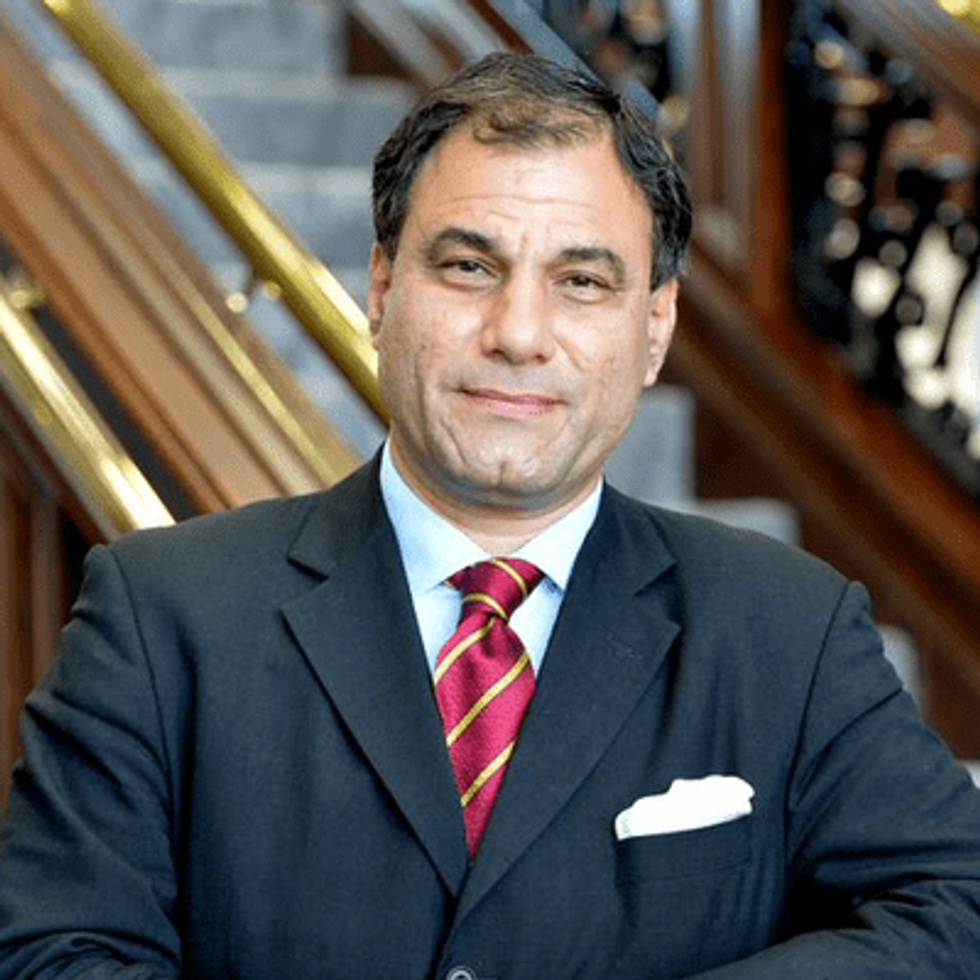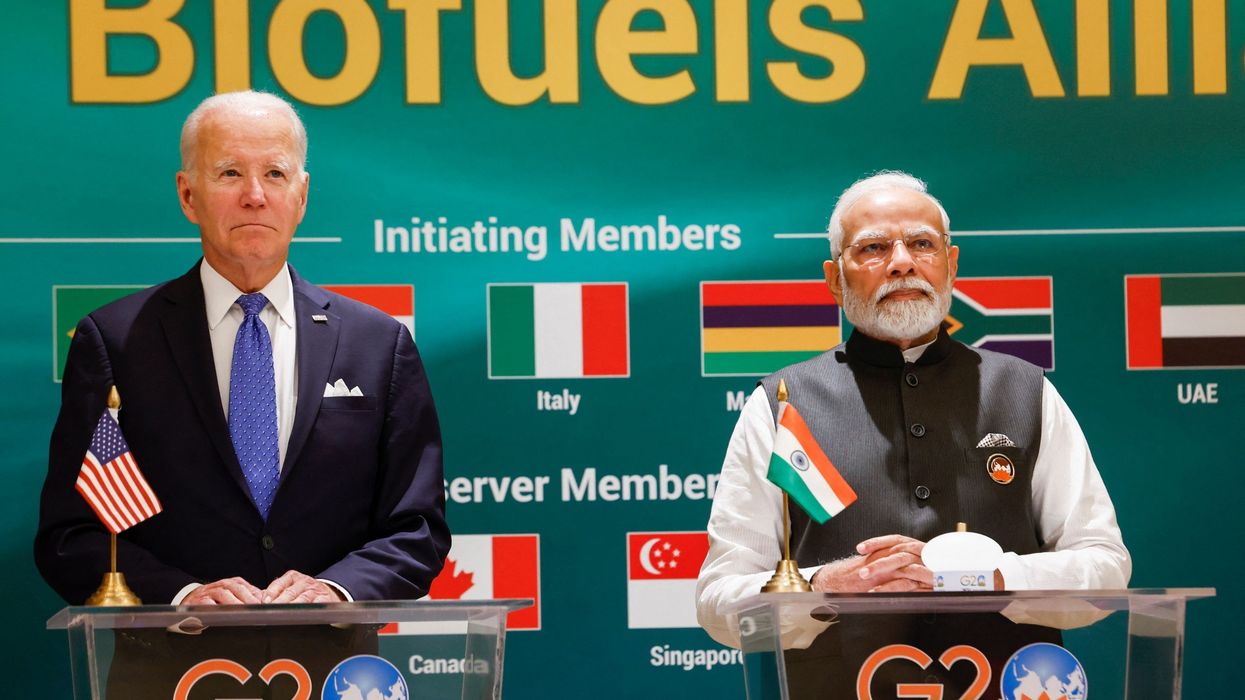I landed in Delhi on the 24th of August, the day after India successfully landed a spacecraft on the south pole of the moon, making it 1 of only 4 countries in the world to have landed on the moon. In his excellent speech at the B20, prime minister Narendra Modi said that India’s forthcoming festive season had been ‘preponed’! In fact, the whole world has been looking with admiration towards India for having performed this feat at the amazingly low cost of $74 million, Incredible India at its best!

I was President of the CBI (Confederation of British Industry) from June 2020 until June 2022 and during my tenure I was privileged to Chair the B7 in 2021 when the UK was hosting the G7, which India also attended. I was very proud of the excellent job we did and know first-hand the effort that goes into organising these types of initiatives. I can without exaggeration say that during its presidency of the G20, India has knocked the ball out of the park, it has raised the bar, with dozens of events taking place in dozens of cities in India covering a variety of themes and bringing world leaders to India throughout the year.
India went the extra mile throughout, including pulling it all together brilliantly at the G20 itself. There were many sceptics who said that a final communique would not be reached with consensus; in fact, it was reached earlier than expected with unanimous consensus, including clearly speaking out against conflict and infringement of territorial sovereignty as well as prohibiting any talk of the use of nuclear weapons.
It was also wonderful the way in which India incorporated for the first time the African Union into the G20. Africa, a continent with a population of 1.4 billion, the same as India, Africa is a developing continent with huge challenges yet huge potential and this was a fantastic move by India.
The announcement of the massive and innovative transport project linking India through the Middle East to Europe will have a transformational impact on increasing trade along the route with some experts predicting an increase in trade of 40%! The belt and road initiative by China has not lived up to its expectations and was an initiative by only 1 country, this G20 initiative will be a partnership between many countries for the benefit of all.
There was also great progress made on climate change with the formation of the Global Biofuel Alliance between India, The USA and Brazil, who have now taken over the Presidency of the G20 from India. India has also made its phenomenal and groundbreaking transformational digital stack freely available to the world.
When you add it all up, India’s G20 achieved 112 outcomes, almost double the previous record set by any host country in the past; hats off to prime minster Narendra Modi, Amitabh Kant (the G20 Sherpa) and Harsh Vardhan Shringla (the G20 Coordinator) and everyone in India involved.
Of course, from the UK’s point of view it was all the more special as Rishi Sunak, our prime minister of Indian origin, visited India for the first time as prime minister along with his wife Akshata. There were high hopes for progress to be made on the Free Trade Agreement (FTA) between the UK and India for which the negotiations have been carrying on for a year and a half.
It is very clear that there is a strong desire from both sides to conclude it as soon as possible, with the Indian finance minister Nirmala Sitharaman answering a question I raised to her in front of 1,500 people at the B20 regarding how soon she thought the FTA with India would conclude, she was confident that it would be this year.
There is a window to conclude it soon as otherwise the Indian elections, scheduled for the first half of 2024 and the UK elections, predicted to be in the second half of 2024, will mean the opportunity will be lost. As President of the CBI, I was deeply involved in the negotiation of the Australian FTA, arguably one of the most comprehensive FTAs in the world; it took over one and half years to conclude and there were always difficult issues to conclude towards the end.
I am confident we will get there soon, with an FTA that is a win-win for both India and the UK, who although are the 5th and 6th largest economies in the world, are very different economies; India with a per capita GDP of $2,600 and the UK with $45,000 (also India with a population of 1.4 billion and the UK with a population of 67 million). India is the fastest growing major economy in the world and has lifted 400 million people out of poverty and is soon going to join the USA and China as the third superpower in the world.
The Indian Express has left the station, I predict that by 2060 India will be the largest economy in the world. This G20 has not only enabled India to showcase itself on the global stage but has highlighted the desperate need for reform of existing global institutions; the G7 now needs to be the G8, including India and India must now be made a Permanent Member of the UN Security Council. And isn’t it amazing that India is the only country in the world that has one of the world’s 5 oceans named after it, the Indian Ocean!




